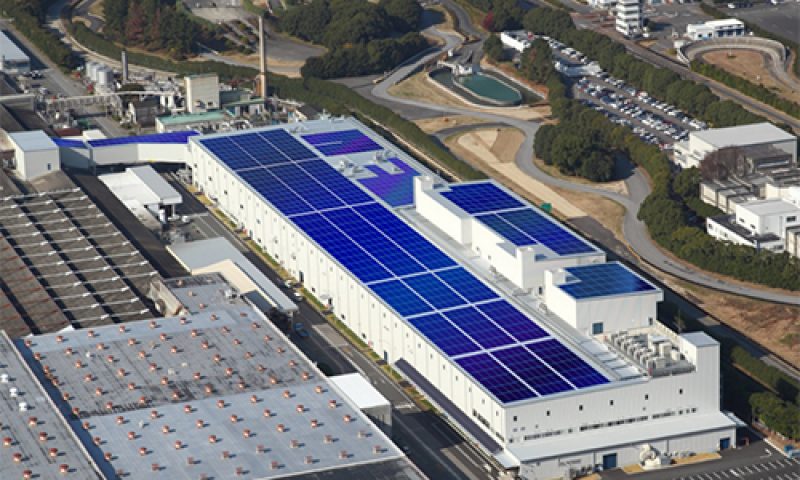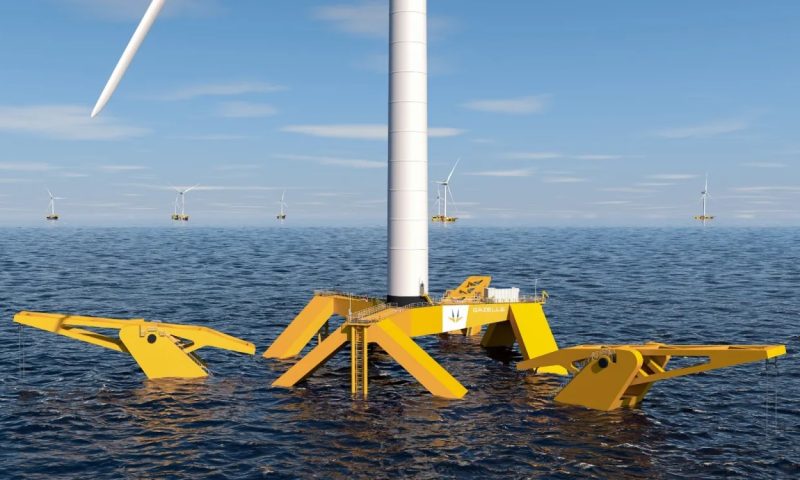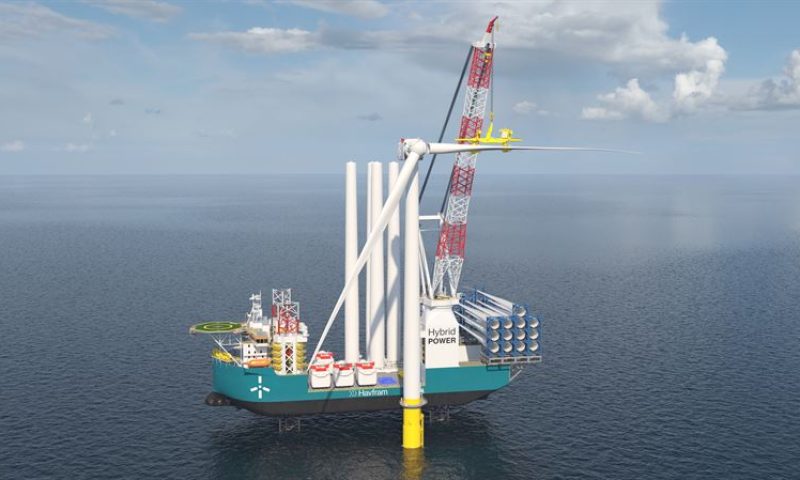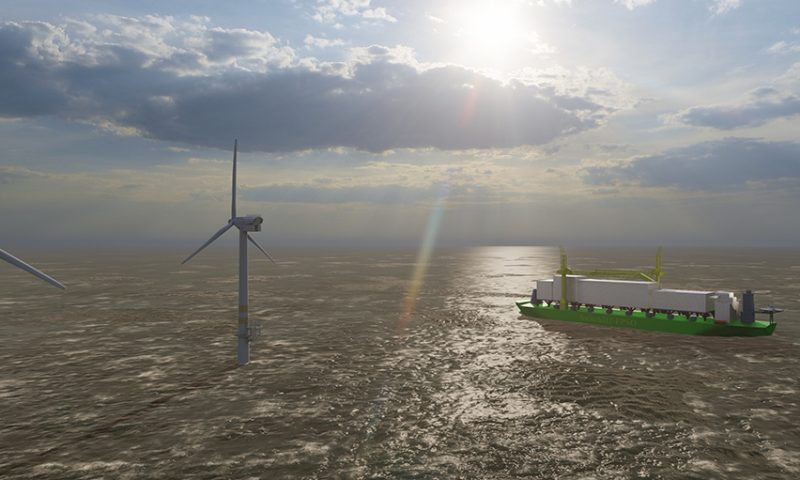
Mitsubishi Motors Corporation Introduced an Atility-scale Rooftop Photovoltaic System
Mitsubishi Motors Corporation (MMC) announced its decision to introduce an energy solution service provided by Mitsubishi Corporation (MC) and Mitsubishi Corporation Power Ltd. (MCP) at Okazaki Plant(Okazaki City, Aichi Prefecture), one of MMC’s main electric vehicles production plants.
The energy solution service aims to reduce carbon emissions through the introduction of renewable energy. Specifically, MC and MCP will install a utility-scale rooftop photovoltaic (PV) system and battery energy storage system (BESS) composed of used batteries from electric vehicles. Once completed, the installed capacity will be one of the largest among non-FITⅳ rooftop PV system projects in Japan.
Overview of the energy solution service:
The construction of the rooftop PV system began in October 2019 and the scheduled commercial operation will start in May 2020. MC and MCP will install an initial capacity of 3MW (annual power generation: 3GWh) and plan to gradually increase the capacity. Okazaki Plant will then use the power generated from the PV system, thereby contributing to a sustainable approach to the production of MMC’s electric vehicles. The energy solution service thus enables MMC to use carbon-free electricity from the rooftop PV system without initial investment or possession of equipment, only by bearing electricity charges.
MC and MCP will install a battery energy storage system (BESS) and conduct a verification test in fiscal year 2020. The system is composed of used batteries from MMC’s Outlander PHEVs, with a maximum capacity of 1MWh.
The PV system and BESS will reduce carbon emissions approximately by 1,600 tons a year and avoid peak demand of power consumption at Okazaki Plant. MC and MCP also plan to use BESS as a Virtual Power Plantⅴ in the future, aiming to contribute to the stabilization of local power supply. In case of power outages in times of emergency or disasters, MMC can utilize BESS to supply power to the gymnasium at the Okazaki Plant, which is designated as Okazaki City’s evacuation shelter. Through such measures, the energy solution service not only reduces carbon emissions at MMC’s Okazaki Plant but also improve its capability to respond to disaster in Okazaki City.
As extreme weather events have become more frequent and there is a need to introduce climate change countermeasures at a global scale, reduction of carbon emissions in business activities by switching to renewable energy is an urgent issue for many companies. MMC, MC, and MCP endeavor to expand the use of renewable energy.
In 2009, MMC launched the world’s first commercially mass-produced all-electric vehicle i-MiEV and opened the door to the electric vehicle market. Following that event, MMC introduced the DENDO drive station, its next generation car dealership where clients can experience the utilization of electric vehicle as a power source. Through these activities, MMC is working toward to establish an environmental-friendly and disaster resilient “DENDO drive society” where power is utilized efficiently. Introduction of the energy solution service to Okazaki Plant is a step forward in both transition to renewable energy and realization of “DENDO drive society”.
MC and MCP aim to improve economic, environmental and social value through combining renewable energy and digital technology to contribute to a stable supply of electricity, and provide additional benefit to customers such as power supply and demand adjustment functions.









